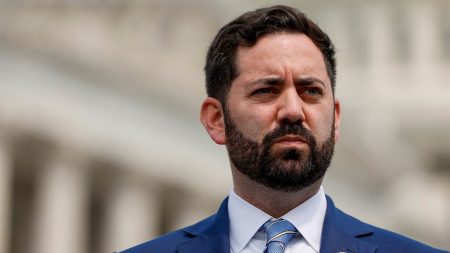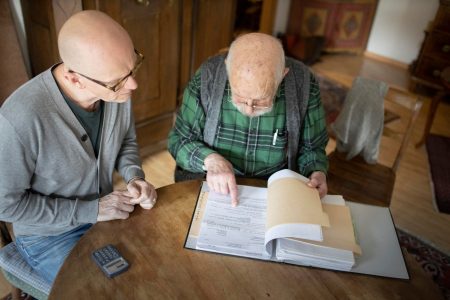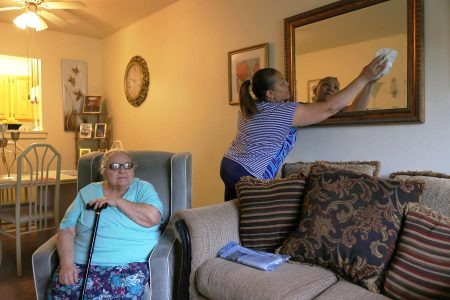Protecting retirement assets through analysis of various topics, such as time horizon, income needs, risk tolerance, and more, is often best discussed with a wealth advisor acting under fiduciary standards. A prudent wealth advisor closely monitors their clients’ normal activities and actions to help safeguard against potential elderly exploitation of assets. Elderly exploitation, commonly referred to as elder abuse, extends to all aspects of a person’s life and, unfortunately, financial elder abuse has risen in recent years and continues to do so. As clients age, the protection of their assets from others extends to those within their closest inner circle. With financial elder abuse taking many different forms, and with the advent of the internet, older generations are even more at risk. The United States’ largest generation, the baby boomers, are either well into retirement or just entering it. By being aware, being involved, and preparing for decreasing capacity through the creation of an estate plan, all generations can help mitigate the risks they face.
Although 1 in 24 people have abuse reported, it is estimated a staggering one in ten people potentially fall victim to financial elder abuse. Being aware is the first step to safeguarding ourselves and our loved ones. With victims age 60 and older estimated to lose over $28billion on an annual basis, understanding that the issue extends beyond financial records is key. The behaviors exhibited by an individual can be a crucial indicator of abuse. Is the individual withdrawn or agitated without reason? Is the individual’s personal hygiene lacking? Is their spending erratic? Has someone new entered into the scene recently? With any unusual change in someone’s behavior, it is prudent to ask questions and show concern. Asking questions in an indirect manner is best as these can be difficult topics for some to digest. Keep in mind that diminishing capacity could be the cause for some changes in behavior, but is also often the reason someone may be targeted. As a person experiences diminishing capacity, feelings of embarrassment and loneliness may lead to denial of the topic.
Staying involved is of utmost importance in the fight against elder abuse, both for an individual and their loved ones. Financial abuse is unfortunately a widespread issue. A person may fall victim through various avenues including, but not limited to, sweetheart scams, imposters posing as tech support, real estate professionals, and IRS or government agents, and by winning unknown contests. An unknown, but important fact, is over 60% of financial elder abuse victims are mistreated by their family members. When protecting someone else, regular check-ins help prevent all forms of abuse. While protecting one’s self, it is important to maintain healthy relationships as the closest inner circle of friends and family may notice changes of behavior before others.
Getting ahead of diminishing capacity by creating an estate plan while still cognitively and mentally capable, will help to lessen the risk of elderly exploitation to one’s self and loved ones. While creating an estate plan, consider forming a team of professionals. Professionals including an accredited wealth advisor, an estate planning attorney, and a certified tax professional not only ensure a person’s wishes are carried out, but also provides another line of defense against elder abuse. These professionals are continuously educated in their respective fields as well as in serving elderly clients. As a person experiences the onset of diminished capacity or elder abuse their chosen team of financial professionals may be the first to notice changes in behavior and erratic spending.
Understanding the issues, staying involved and planning for the future are all important steps to protecting assets. However, it is also important to consider what happens once elder abuse is suspected? Depending on the severity or type of elder abuse, different actions should be taken. Consider contacting the financial institution, administration at the long-term care facility, or the authorities to seek help. National services are available for all types of abuse. Consider contacting the National Adult Protective Services or the National Domestic Violence Hotline. The National Adult Protective Services Association is a national non-profit with members in all 50 states, Washington D.C., and the U.S. territories. To find help near you visit their website at:
The National Domestic Violence Hotline provides resources and confidentiality with over 5000 agencies across the United States. It Offers translation services for hundreds of languages and can be reached at (800)799-7233.
Read the full article here













